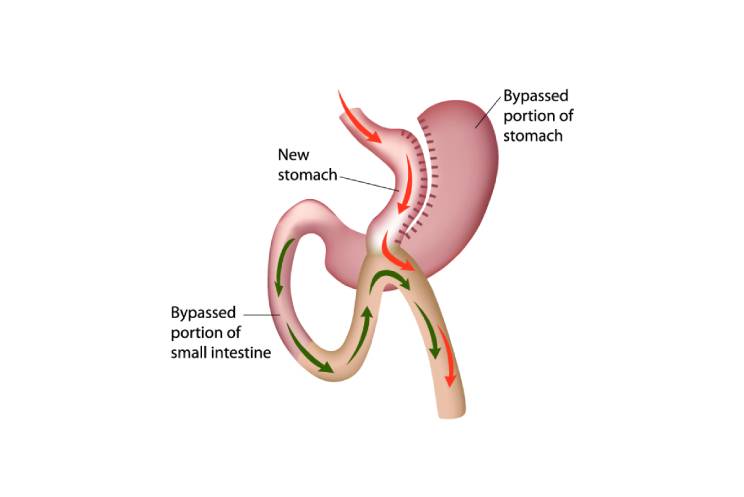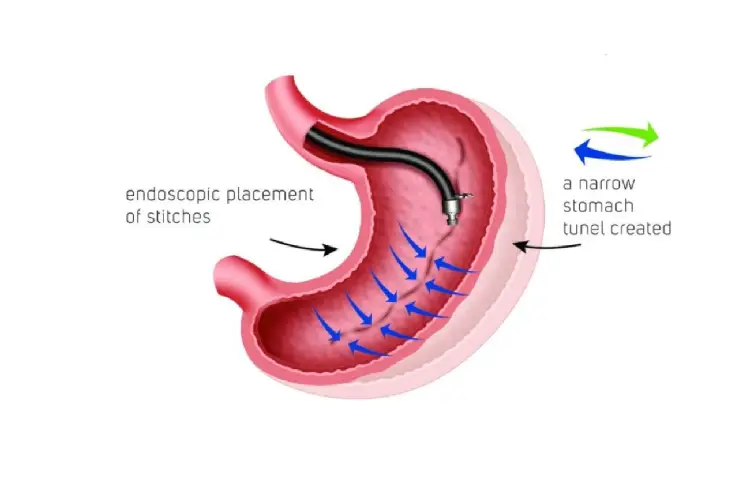After gastric sleeve surgery, or weight loss surgery in general, you may not feel like exercising, but choosing healthy exercise habits is a significant factor for long-term success. Apart from helping you lose weight, exercise spurs the production of the “feel good” hormones called endorphins. Exercise also helps keep your bone tissue compact and robust, increases strength and balance, boosts energy and improves the quality of life.
A study shows that patients who exercise three or more times per week, for a minimum of 30 minutes, lost an additional 12% of their excess weight in 6 months. When you focus on exercise soon after surgery, you will likely find it very pleasant. As you lose weight, your capacity for activity improves gradually, with notable changes on a week-by-week basis. However, here are some tips to assist you in making a long-term commitment to exercise.
Bariatric surgery is an excellent tool for those struggling with obesity to lose weight and improve their health. One of the essential habits for patients to begin after bariatric surgery is a routine exercise plan. Daily exercise helps increase weight loss as well as improve muscle mass and overall health. However, these general exercise tips can help give you an idea of how to integrate exercise into your daily activities after bariatric surgery.
Exercise: Week One Post Bariatric Surgery
During the initial recovery, it is necessary to begin taking slow, gentle walks. Vigorous exercise should be avoided to give the body time to heal. Keep walks short, about 15 – 20 minutes at a time, and stick to the level ground. Light walks are advised during the initial recovery phase to help the body become used to activity, promote blood circulation, and help start the journey towards good health and weight loss.
Exercise: Week Two – Three Post Bariatric Surgery
During the 2nd through 4th weeks of recovery, walking should continue. At this point, most patients will be encouraged to increase the length and pace of their walks gradually. Patients are often encouraged to add low-impact exercises to help build strength and improve flexibility. Some activities that can help gather strength and flexibility include, e.g., lifts, shoulder rolls, stretches, and arm rotations.
Exercise: Six + Weeks Post Bariatric Surgery
Vigorous activity should be limited until approved by a doctor. Most people can commit to moderate to strenuous activity about six weeks after surgery. It may be useful for patients to focus on adding cardio to their exercise schedules with a goal of 30 minutes per day, five days per week.
Swimming, water aerobics, and cycling are good alternatives for starting a cardio routine as these are milder on the joints than jogging and running. Patients should add strength training two days per week to their exercise routine by lifting weights, doing squats, or starting yoga. Patients should be careful when beginning weight training and avoid lifting weights that are too heavy. Instead, start with light weights and slowly increase resistance to evade injury.
Other Tips for Exercising After Bariatric Surgery
Daily exercise contributes to weight loss after bariatric surgery. Some tips to help patients with work-outs after bariatric surgery include:
- Warmups: Warming up the body before exercising for about 5 minutes of mild walking and stretching can help relax the muscles and prepare the body for exercise, helping to reduce injury.
- Cooldowns: It is also necessary to include cooldowns after exercising by doing some slow stretches and deep breathing. This help to free lactic acid that may accumulate in the tissues during an exercise.
- Aim to increase activity: Patients should aim to gradually increase activity after bariatric surgery to reduce the risk of injury and complications. As the body becomes used for more action, it will be necessary to increase intensity and vary exercise types to push the body gently and encourage weight loss.
- Listen to your body: When adding any exercise to your routine, it’s important to listen to your body for signs of distress. Chest pains, nausea, sharp pain, and shortness of breath should not be ignored and should be brought to a medical professional’s attention.
In Conclusion, physical exercise after weight loss surgery will help you recover more quickly. It will help increase your circulation, lessen the risk of blood clots, promote wound healing and improve your bowel function.
Throughout the first week, you can start walking. Initially try and take some short walks each day. If you have a laparoscopic operation, you should be able to do most of your normal activities within 2-4 weeks of bariatric surgery.
References:
https://www.sutterhealth.org/services/weight-loss/exercise-after-bariatric-surgery
https://www.ramsayhealth.co.uk/blog/2014/10/16/exercise-after-weight-loss-surgery-7-things-you-need-to-know
This entry was posted in Fitness, Post-Op and tagged exercise. Bookmark the permalink.






